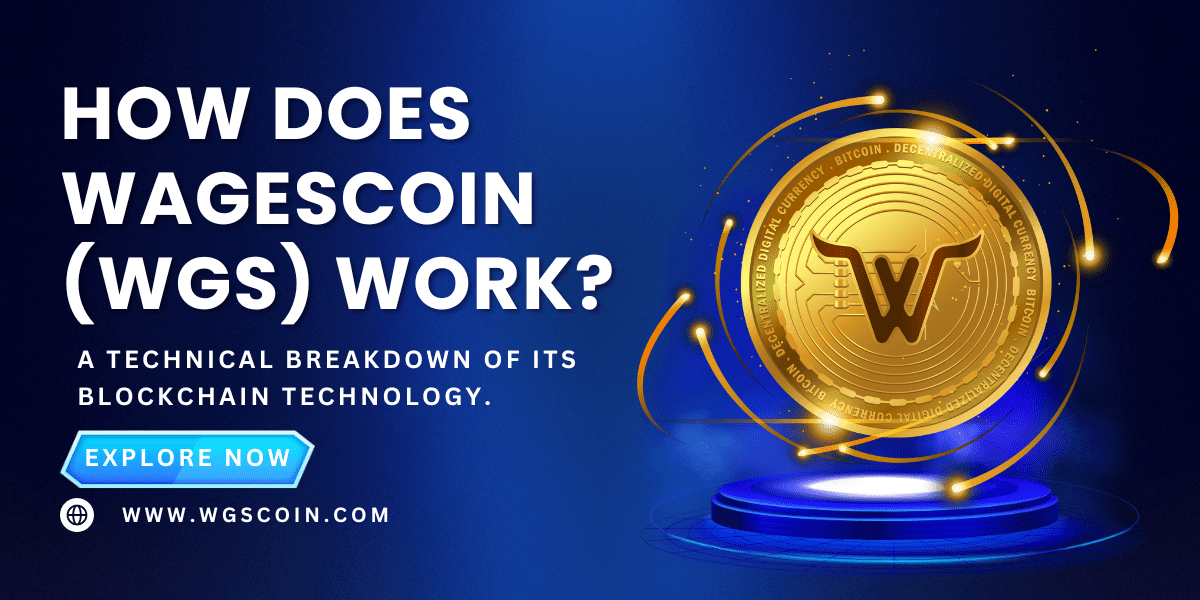What is blockchain technology?
Blockchain technology is a distributed ledger that maintains transactional records, or blocks, in numerous databases known as the "chain" inside a network connected by peer-to-peer nodes. Each transaction is approved by the owner's digital signature, which prevents manipulation. This makes the information stored in the digital ledger highly secure. Transactional records are saved based on real purchases, and it functions much like a Google spreadsheet that is shared among several computers connected to a network. The data is unchangeable, even if nobody sees it. Blockchain technology thus provides a very secure and efficient method of handling transactions.
Types of Blockchain
Blockchain technology has evolved to accommodate a variety of enterprises and applications. Understanding the many types of blockchains is critical for recognizing the technology's versatility and adaptability. Blockchains come in three primary varieties.
Public Blockchains:
- Open networks are accessible to anyone with an internet connection.
- Operate in a decentralized manner, providing high transparency and security.
- Examples include Bitcoin and Ethereum.
- Peer-to-peer transactions, digital asset ownership, and smart contract execution all use this technology.
Private Blockchains:
- Operate within the confines of a single organization or entity.
- Access is limited to authorized participants.
- Prioritize privacy and are used for internal processes like supply chain management and secure communication.
Consortium Blockchains:
- Balance public and private blockchains.
- Shared by several entities or organizations.
- Enable trusted parties to work together while maintaining decentralization and data sharing.
- Find applications in supply chain collaborations, financial consortia, and joint ventures.
Blockchain in Supply Chain Management
Blockchain technology has emerged as a game changer in the field of supply chain management, providing novel answers to long-standing problems and revolutionizing how items are traced, confirmed, and controlled from production to consumption.
Enhances Transparency and Traceability: Record production and distribution steps as secure, immutable transactions.
Reduces Fraud and Counterfeiting: A secure ledger reduces the risk of fraud and counterfeiting.
Empowers Consumers: Verifies product authenticity via QR codes or mobile apps, strengthening trust.
Enables Efficient Smart Contracts: Automates and enforces agreements, reducing administrative overhead.
Improves Inventory Management: Provides real-time visibility, optimizes inventory, and prevents stockouts.
Currently, Wages Coin (WGS) is present on four significant blockchains:
- Ethereum
- Tron
- Binance Smart Chain (BNB Chain)
- Polygon
Wages Coin (WGS) Launches on Ethereum Network
Ethereum is used by Wages Coin because of its extensive use and sophisticated smart contract features, which provide a safe and adaptable framework for decentralized apps and transactions.
Tron Network Releases Wages Coin (WGS)
Tron's high throughput, scalability, and useful smart contract capability are leveraged by Wages Coin's integration to provide quicker and more affordable transactions.
Wages Coin (WGS) launches on the Polygon Network.
Polygon's quick transaction processing and effective scaling solutions allow Wages Coin to substantially improve performance while cutting expenses.
Wages Coin (WGS) launches on the BNB Chain Network.
Wages Coin is designed on top of Binance Smart Chain to benefit from its fast transactions and cheap fees, which make it perfect for enhancing the usability and economy of trade.
Wages Coin uses these blockchains to improve functionality, security, and accessibility in the cryptocurrency ecosystem.
Consensus Mechanism: Maintaining Order
A consensus process is probably used by WagesCoin to approve transactions and produce new blocks. Popular choices include:
Proof of Work (PoW): Miners compete to solve tough mathematical riddles to validate transactions.
Proof of Stake (PoS): To validate transactions and obtain rewards, token holders stake their WGS.
The security, scalability, and energy consumption of the network are impacted by the consensus mechanism selection.
Conclusion
Wages Coin's foundation in blockchain technology offers a secure, transparent, and efficient platform for digital transactions. By understanding the core concepts of blockchain, WGS tokens, smart contracts, and consensus mechanisms, you can gain a deeper appreciation of how this innovative cryptocurrency operates.
Join the Wages Coin movement and be a part of the financial revolution!





Comments